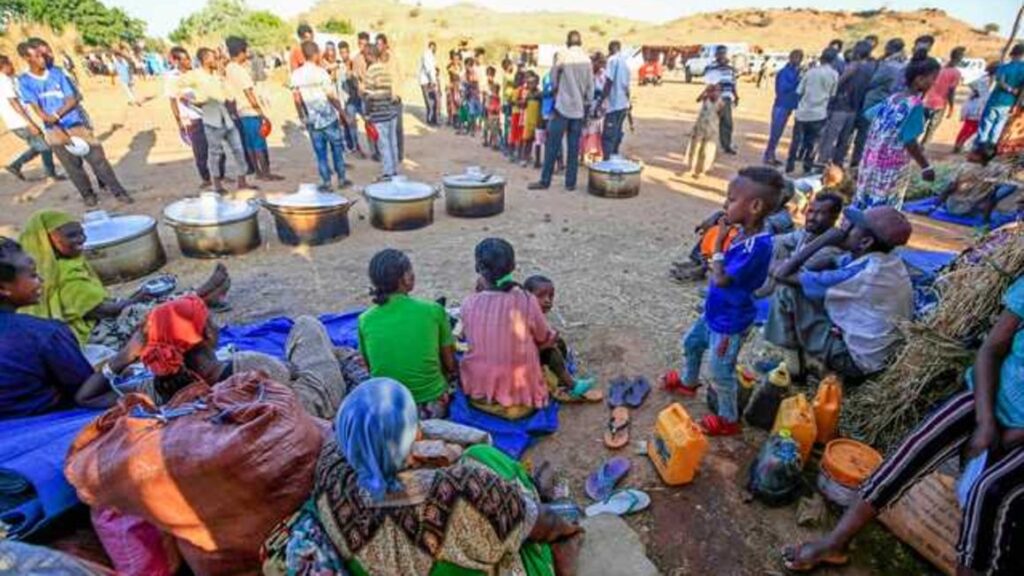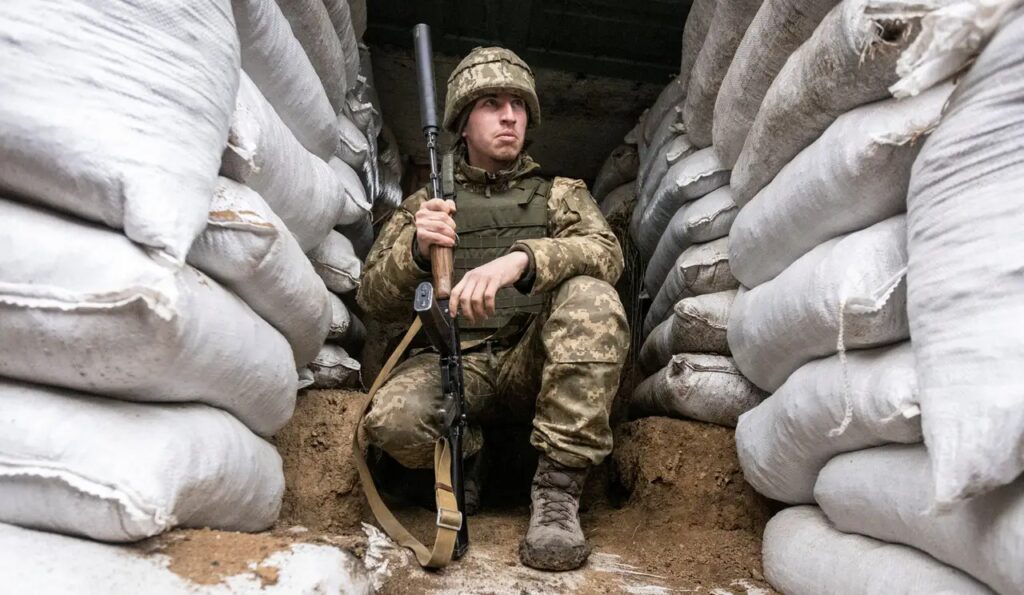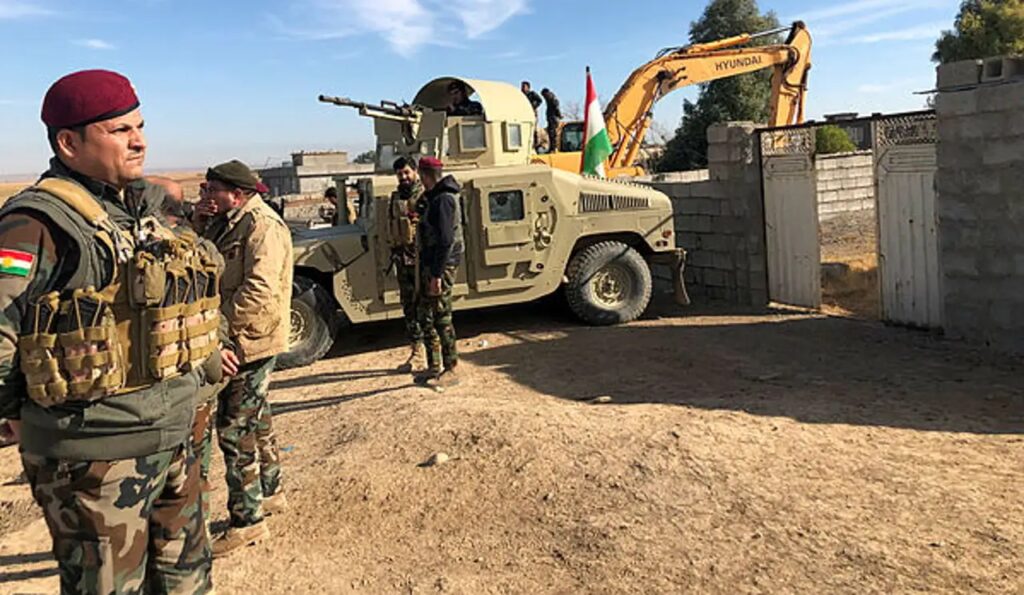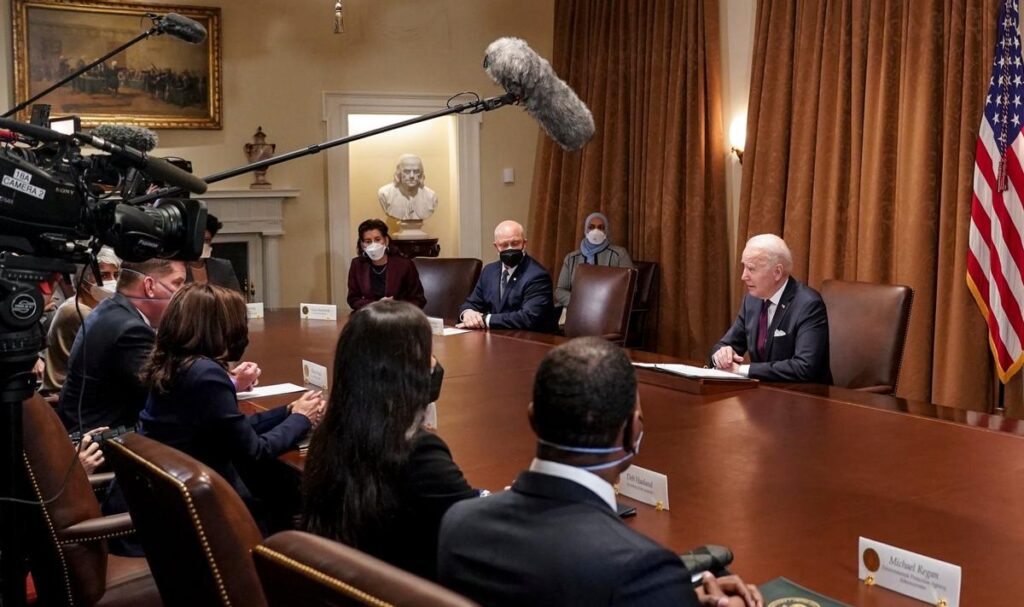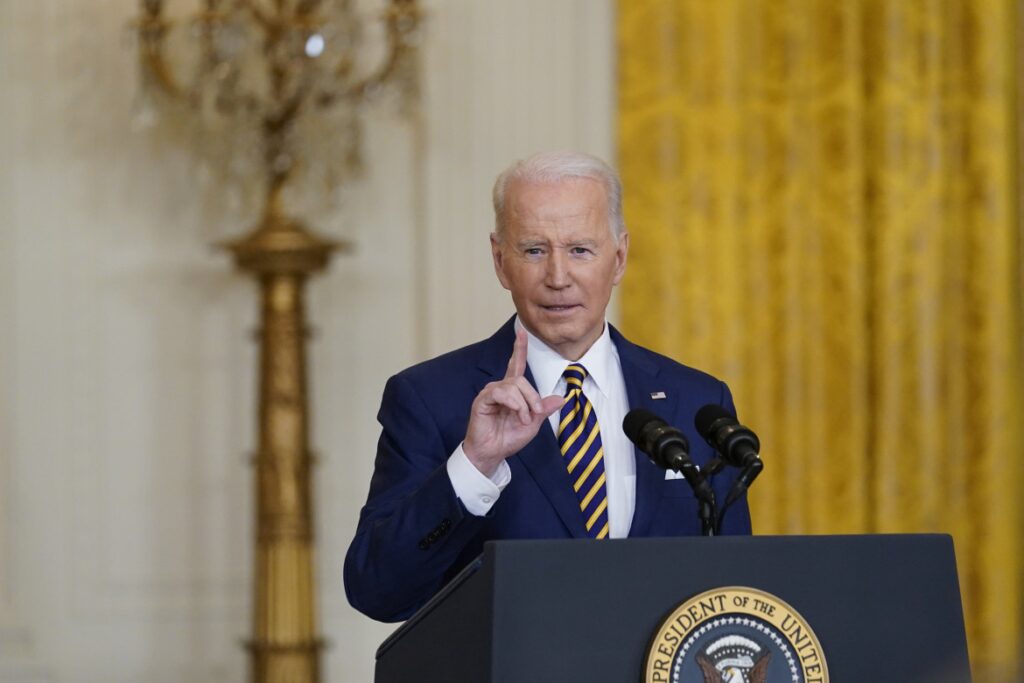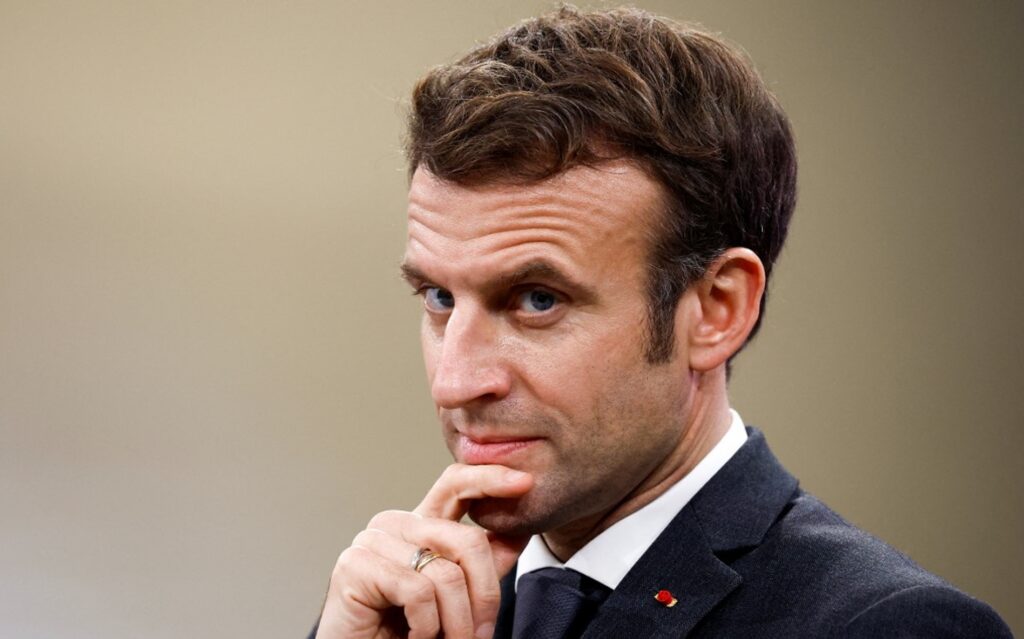Peace in Sudan requires defeating military takeover
Yasir Arman, SPLM-N Deputy Chairman Saturday said that peace in Sudan requires defeating the coup carried out by General al-Burhan on October 25, 2021.
In a talk show with Al-Jazeera Live, Arman said that the coup had plunged the country and the peace process in a big dilemma, pointing out that the peace agreement is closely linked to the democratic transition and the constitutional declaration.

